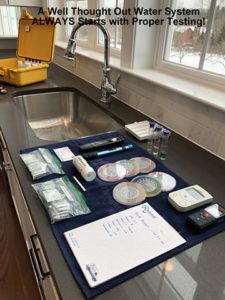
Have you been dealing with issues such as stinky water or possible contamination? If your home is hooked up to a well then it could very easily be that you have an issue that will require a well inspection and necessary water testing, possibly followed by water treatment.
There is a big difference between dealing with a home that is hooked up to city water and one that is hooked up to its own well. There are many pros and cons to being on city water and on well water, but the purpose of this post is to give a better understanding of how to tell when it’s necessary to have your well water tested and what a well inspection will entail. If you are on city water, your signs for needing a water testing appointment will be different than getting well water tested.
Residential water testing deals primarily with private homes and can focus on the well that provides your water service. There are a few key things to know about living in a home hooked up to well water, and what considerations you’ll have to take into account when dealing with inspections, treatments, and more.
This is a good question, but the answer is that those operating on well water should likely schedule a well inspection at least once a year to test for any contaminants in the well. There are few other reasons why you should check your well regularly, and you should keep an eye out for these in case you need to make an appointment for water testing before your annual schedule is due.
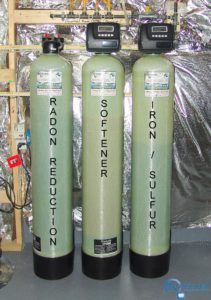 The cause of smelly water can be hydrogen sulfide gas. This can give water that ‘rotten egg’ taste or odor and if this is detected then it needs to be remedied quickly.
The cause of smelly water can be hydrogen sulfide gas. This can give water that ‘rotten egg’ taste or odor and if this is detected then it needs to be remedied quickly.
This is produced by what is termed as ‘sulfur bacteria’ that can be located in the groundwater, the well itself, or the plumbing system. Once this is determined to be the cause it’s necessary to take action to keep the bacteria from spreading any further.
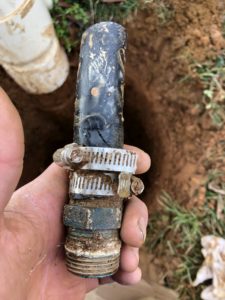
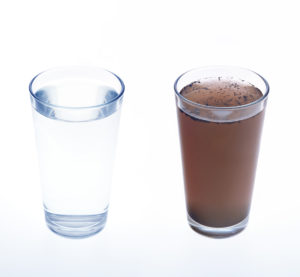
It is especially important to take note of any issues with your well water if you have young children, anyone with a serious medical condition, or a nursing mother in the home. Water-born contaminants can pose a serious health risk to many people, and it’s important to be aware of any issues that arise and to remedy the problem before it gets worse.
Normally residential water testing will only need to be performed on an annual basis in order to ascertain the status of your well and the quality of the water that is being pumped into your home. But if there are issues that arise following a well inspection then it will be necessary to first assess what’s wrong. After the issue has been found and analyzed it will need to be remedied, using whatever method is necessary and can return your well to its normal, functioning condition.
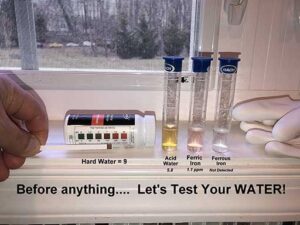
If your water smells or tastes funny it could mean that it’s been contaminated, and could be harmful to your health. A water test will check for a wide range of contaminants and should be performed by state-certified laboratory technicians, which a reliable water company can provide.

The most common types of systems to find in a home are filtration systems, water softeners, and distillation systems, as each system is capable of guarding against various issues that might arise from contaminated well water.
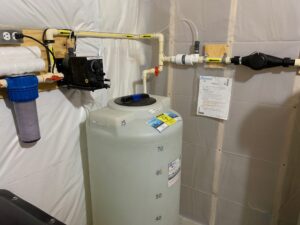
There are a great many products on the market and many filters to select from depending on where they are needed and what they’ll be used for. Do be selective when picking out your filters, as some are more efficient than others and several cheaper filters might offer a decent price, but at the expense of your safety.
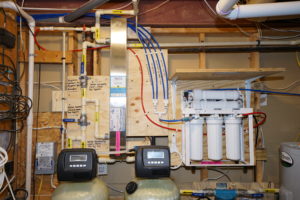
It’s important to remember to pay close attention to the quality of your water at all times, though with well water it’s best to understand any possible issues and complications that can arise, as well as how to fix them. A reputable water company can always be called upon to help assist you with any well water issues you may be encountering.
National Water Service has been providing residential & small commercial water treatment, plumbing & well pump services for over 45 years. We specialize in water treatment, filtration & purification solutions as well as general plumbing to ensure clean, safe water for our customers in Maryland, DC & Northern Virginia.
Mon - Thurs
7:00am - 5:00pm
Friday
7:00am - 4:00pm
Sat - Sun
Emergency Service Available
National Water Servicing Corporation — 2025 All Right Reserved ™